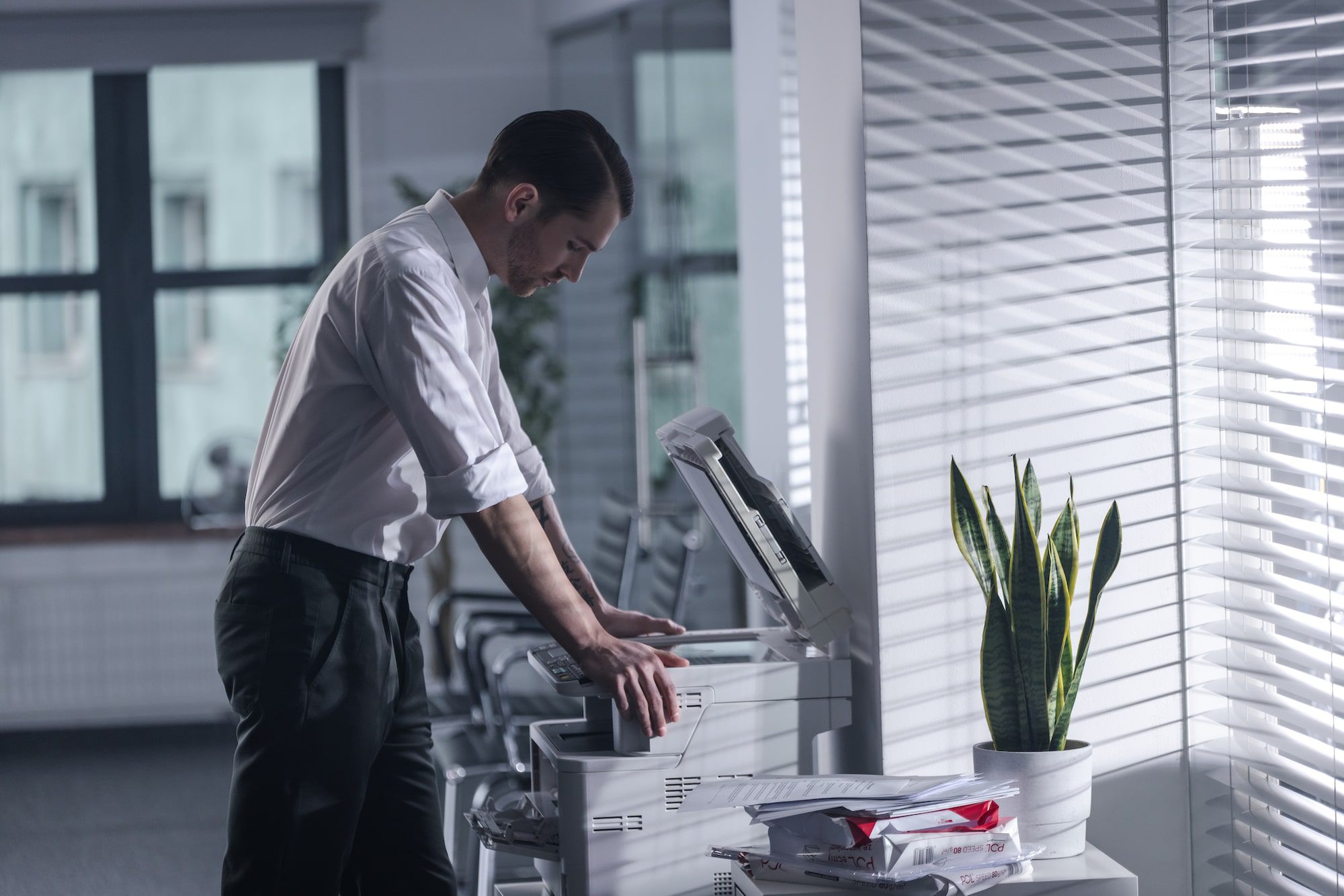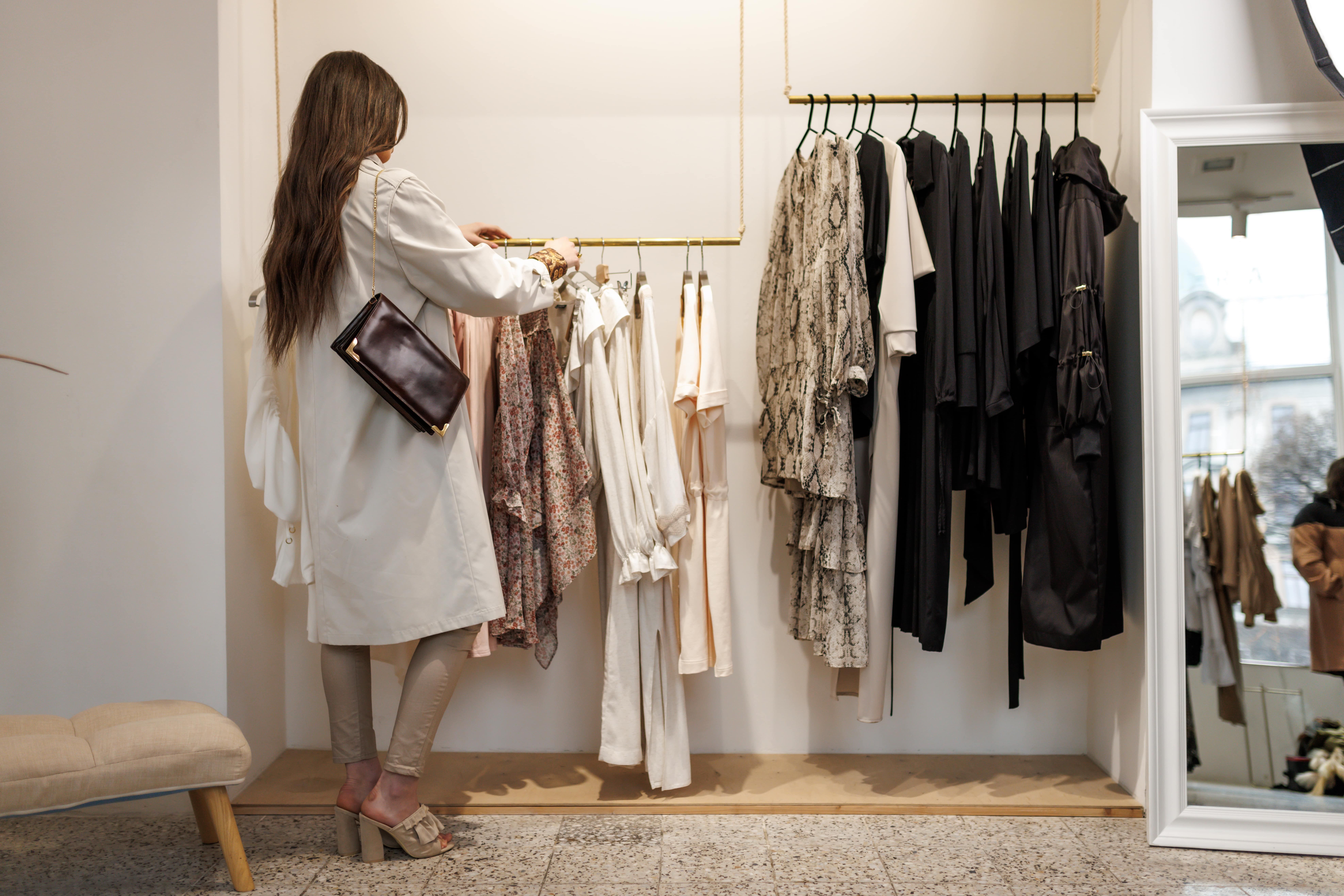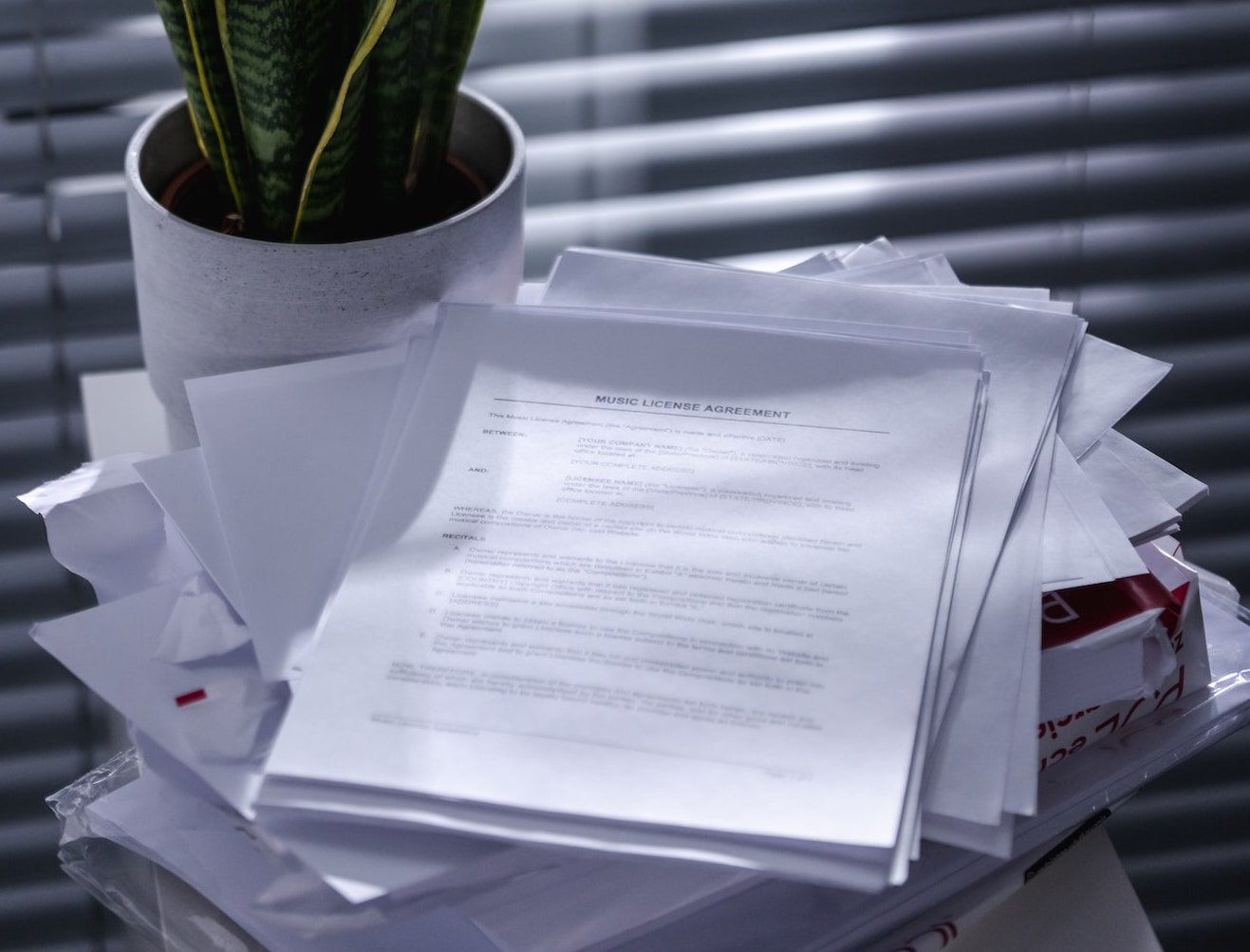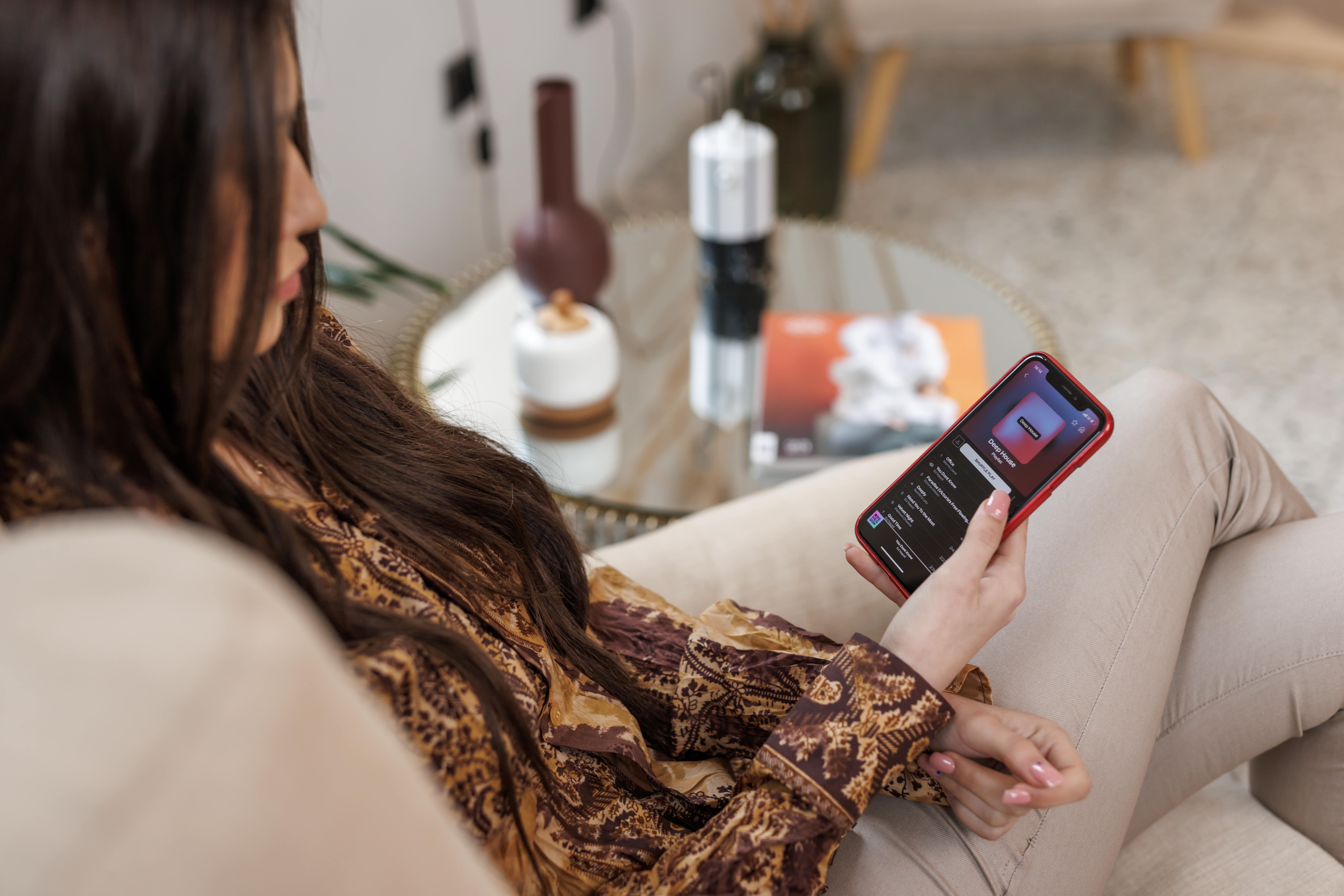
What Does Fully-licensed Music Mean?
How can it positively impact your business
Have you ever been shopping in a silent store or working out in a gym with no music? How did you feel? Probably it felt weird, even a little uncomfortable.
There is no doubt that music has an intrinsic power to affect our moods while strengthening brand perception. If a business plays the right in-store music that boosts their customers’ mood, it’s safe to say they are boosting sales. However, there are a number of hurdles business owners need to overcome to get to this point. Businesses, by law, need to be fully licensed to play music in their premises. Fully-licensed essentially means music creators are compensated for music usage of their works. But how can businesses ensure this happens when they have no direct links to the music industry?
Music streaming platforms: which can I use for my business?
Alongside the creative process of choosing the right music, there is also the intricate world of copyright and licensing related to in-store music. As a business owner, you want your establishment to have the perfect ambience. You want your customers to feel comfortable and relaxed, and music can be a great way to create that atmosphere. But before you cue up your favourite playlist on Spotify, there’s something you should know: according to copyright law, businesses are not allowed to play music from these types of streaming services. That means no Spotify, no YouTube, and no Apple Music as these services are only for personal, non-commercial use. These music streaming platforms do not hold licenses with the music industry that allow their customers to stream music in public places.

According to a survey conducted by Statista, 83% of small businesses are not adhering to copyright laws by streaming music via a personal service. This means 1000s of artists are potentially missing out on additional revenue they may have earnt from their music being played in stores around the world. It may appear easier for staff to connect their own personal Spotify accounts to their workplace’s AV system, however, with a commercial streaming platform such as Rehegoo Music, the process can be even simpler and the business owner can ensure brand consistency by preventing Sheila in Accounts from putting on her favourite death metal playlist during peak trading times. It’s worth remembering that the music on commercial streaming platforms often contains profane lyrics, which can bring a whole new set of problems to a retailer, alongside the complexities of licensing.
Did someone say I need a license to play music? Not very rock’n’roll is it?
Alongside selecting the correct type of music streaming platform, businesses need to obtain a licence from the entity or entities that hold the rights to the songs they would like to play. The cost of the licence depends on the occupancy of the establishment, sometimes also the number of loudspeakers, and can cover both live and recorded music.
This can be a tricky process, especially for smaller businesses, and is different in each country. While in the past it was enough to have one licence issued by only one entity, in some countries this is no longer the case. There are many organisations (called performing rights organisations, or ‘PROs’) representing the various rightsholders and each one issues its own licence for the specific use. For those who do not want to give up music in their shops, this increases the burden of compliance and also the costs!
Deep breath….the process behind licences issued by PROs starts with the songwriter and the publisher (if any) granting authority to a PRO in order to have their repertoire managed and their royalties collected. The same thing happens with producers of recordings (i.e. record label, if any) and performing artists, who can grant authority to neighbouring rights organisations (NRO).
These organisations, acting on behalf of rightsholders, issue licences to business owners to allow them to play music in stores legally. Royalties are then collected by the same organisations and shared among all the rights holders according to reports of music played.
This means that:
1. If the music played belongs to various rights holders registered in different collecting societies, businesses have to obtain more licences, bear more compliance, and therefore more costs.
2. The cost paid by businesses to obtain licences includes both royalties belonging to rightsholders and a fee added by collecting societies.

Is there an alternative?
Yes. It is called ‘direct licensing’.
A direct licence is issued by the author or the rightsholder of the works and their recordings, without the involvement of collecting societies.
Artists who are not registered with collecting societies can independently grant direct licences to users for the usage of their repertoire. Since there are no intermediaries or other entities involved in the licence, direct licensing also means fully-licenced. Sometimes, confusingly, this is called ‘royalty-free’, or ‘royalty-paid’, but it’s the same thing.
Playing fully-licenced music in stores relieves business owners of securing other licences or authorisations. Once you are paying a subscription for the licence, you are free to play that music in your business.

